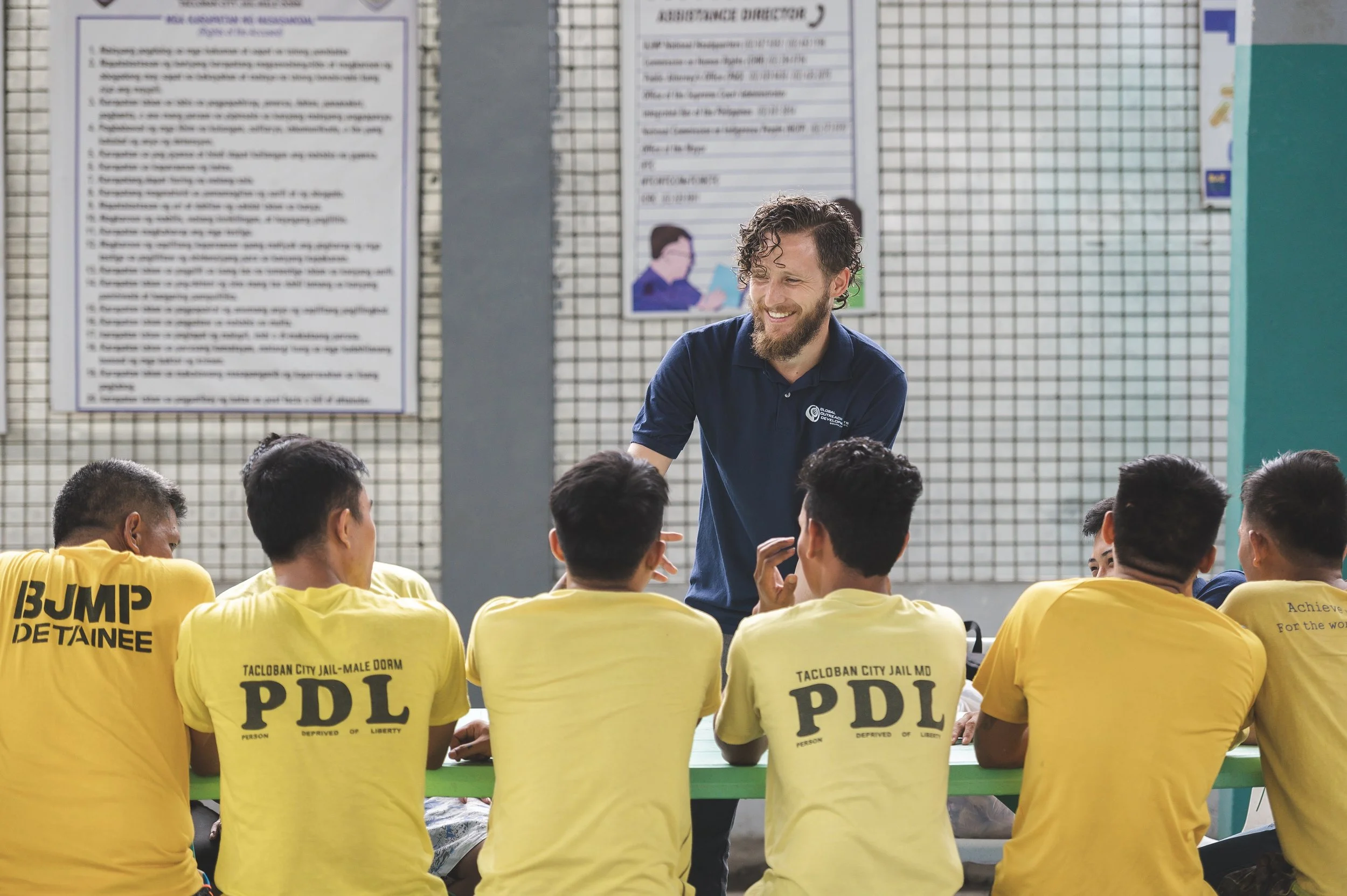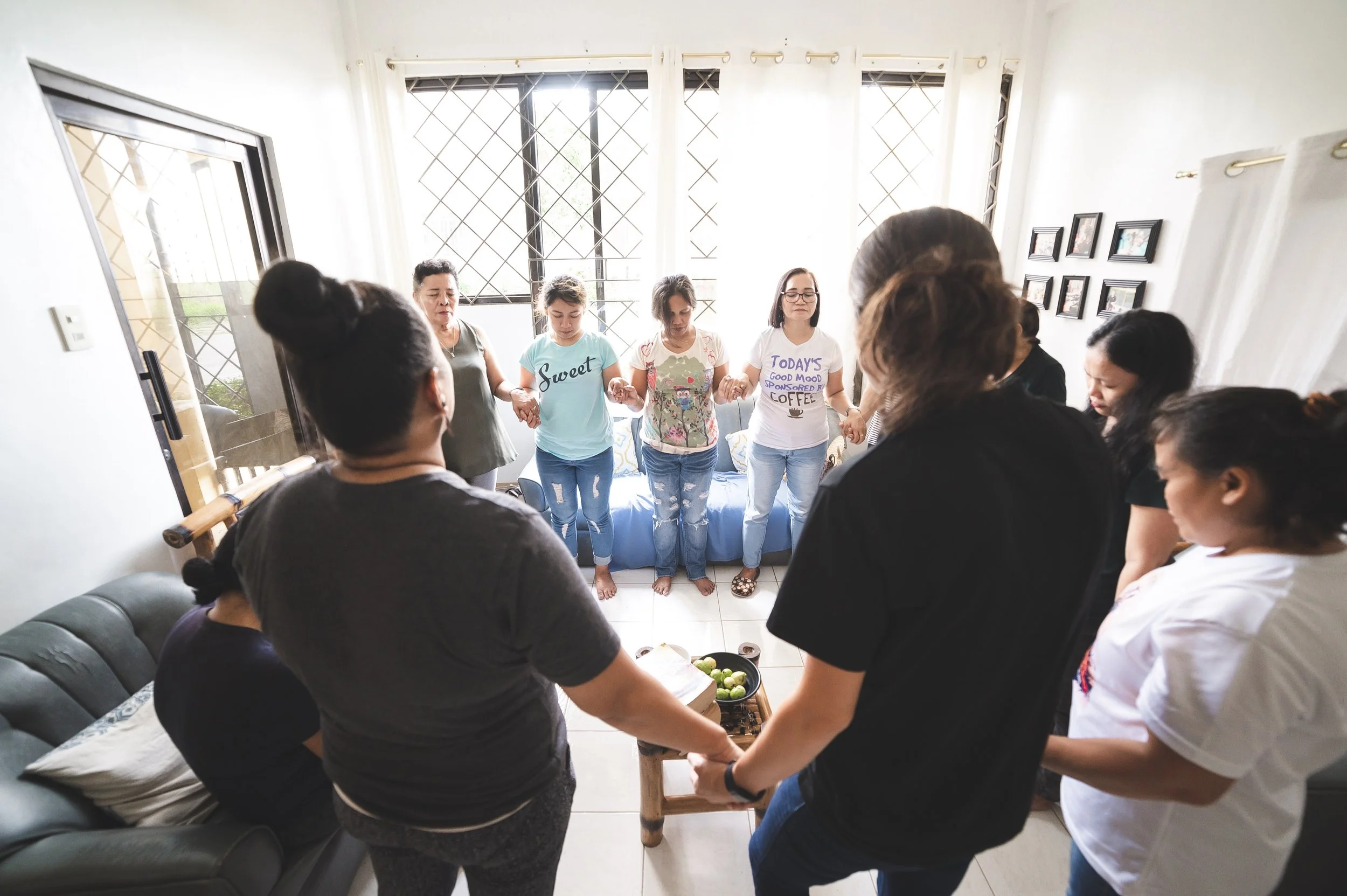Why Do Missionaries Need Training?
God Called Me to Go, So Why Stay For Training?
A myth exists among certain Christian circles that missionary training is a negotiable rather than a necessity. However, by dissecting the rationale for training, we can illuminate just how essential preparation is when doing the work of God. While field experience in itself can be a teacher, when God’s reputation is on the line, proper training must not be abated. Trying to learn on the job when it comes to missionary work is high stakes because it could negatively impact the very people you are trying to serve. The worst part, you may not even know where you made the mistakes. This makes the training vital.
When people decide they want to do missions but lack the training, they may look for the quickest track to get them on the field. However, shortcutting the educational process will leave one unequipped and ill-prepared to righteously navigate the complex situations they will encounter. For instance, a missionary whose lifestyle still too strongly reflects his own nation’s culture may never be listened to despite their well-intended advice; even if the missionary does not feel anything was lost in translation, if they fail to overlook even the slightest cultural detail, it could significantly warp how their message is received. This creates a lose-lose-lose situation: missionaries get burned out, the people get a distorted message, and worst of all, the name of God gets another negative story pinned to it. So here are a few reasons why it is essential that missionaries undergo training.
People are Going to Look to You to Explain the Bible - you better know it.
Without learning the Bible, you will not be equipped to go on any mission for God. How can we do what God wants if we do not know what God wants? He has revealed himself through his Word. A Biblical education gives us a revelatory lens through which we see the world, informing our moral decisions so that the path we walk with the lamp to our feet can be a trail we help lead others down. However, before we can be a light, we have to get that light in us. The Bible teaches us how to transcend culture, giving us the wisdom to decipher what is right in a world that is more often gray than black and white. The Bible informs us about family, work, finances, politics, community development, health, and so much more. If we don’t know how to read the Bible in such a way where it permeates who we are and why we do what we do, then it may just go to show how much more we need to study it.
Clark Miller came to the Institute in 2006. Since 2010, he’s been serving as a missionary in The Philippines with G.O.D. International.
You Need to Gain the Skills to Actually Help People.
What skills do you possess that make you capable for mission work? If we have the mind of Christ that puts others first, we have to consider the needs of those we are aiming to serve. Is our capacity something that actually helps them? What can you do that can be a benefit to the ones God is calling you to serve?
Answering this question could even be a motive litmus test: am I wanting to go for myself, or am I wanting to go to serve others? If you are going to serve others, then figure out how you can be of service to them. Learning a skill for the purpose of empowering others can inspire you to study harder, knowing that the competencies you are acquiring are not for yourself but something to be utilized to advance God’s kingdom. However, in order to advance God’s kingdom, you have to be able to use your skills in tandem with others, which brings us to our next point.
You Can’t Do It Alone.
Clark’s wife, Rina (left), leads a weekly womens’ bible study and prayer time at Tahanan Community Center.
God’s mission cannot be done alone. Not even Jesus did it alone, and he taught his disciples to work as a team: “By this all people will know that you are my disciples, if you have love for one another” (John 13:35, ESV). Our light to the world shines when the faithfulness of a community of believers remains intact as they formulate and execute plans to bring about the kingdom of God on earth as it is in heaven.
That’s easier said than done, which is why the apostle Paul will discuss ideas of unity in multiple epistles. It’s the body of Christ, not just the thumb of Christ. A thumb is useful, but if it’s not connected to the rest of the body then both the body and the thumb suffer. Community is key, but in our individualistic society, it is a key that often takes lots of training to achieve.
It’s Going to Take Everything You’ve Got.
Learning the Bible is a spiritual and mental act; learning a skill takes mental and physical capabilities; learning to live in a like-minded community is a social endeavor. It is this type of holistic training that is necessary to develop into a formidable agent of God who can effectively demonstrate the gospel to a suffering world. Even Jesus himself grew in wisdom and stature and in favor with God and men, as well as underwent training in the wilderness before starting his public ministry (and he didn’t see anything wrong with starting at 30 instead of 18).
Training is not reflective of a lack of faith in God’s providence for your mission, rather it reveals the dedication you have to ensure that this serious endeavor God has entrusted you with will be carried to fruition. Those who truly believe God has called them will subject themselves to an educational process to guarantee the mission’s success. We do not want to be among the numbers who return early, overwhelmed by the circumstances they were never equipped to engage. The deep-rooted spiritual confusion that spurs from an unclear yet incomplete mission can shackle one to regret that we hope no one has to experience.
The list for why we need training may even be longer than the list of needs we can meet, but the question becomes, where can we find quality Biblical education that brings empowerment? How can I learn the Bible while also developing a set of practical skills? And how do I do all of that while learning to live among a community of believers who want those same things? If you’ve had those questions, you may be surprised to know that such a college exists. The Institute for G.O.D. has been intentionally designed for this very purpose. We believe God wants missionaries who have undergone an immersive biblical education, who are equipped to bring about restoration and hope in practical ways, and who know how to live in community with others. We believe God wants missionaries who look like his son Jesus, and that requires work. This is why missionaries need training.
Clark Miller works as a missionary with G.O.D. South East Asia, and trained at the Institute for G.O.D. Clark manages Tahanan Community Center where he oversees youth empowerment efforts and facilitates programs and Bible studies with our local team.





